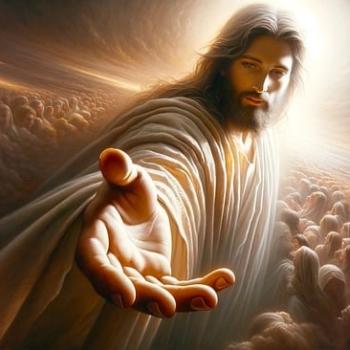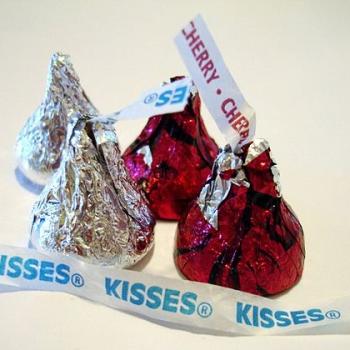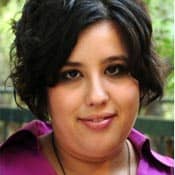The sermon is replaced by a call to social action, a "dvar tikkun." When the prayers conclude, an activist from the D.C. community speaks about the work and ways for future involvement. This winter a speaker came from the Tacoma Time Bank; after her speech she stayed for the potluck to discuss the tax implications of community time banks for the interested few. A young chaplain came to speak about her work at a D.C. hospice. A volunteer training was scheduled for next month. The dvar tikkun appeals even to Sarah, who is "by no means a hippie." She says the following:
I also really appreciate the divrei tikkun . . . speeches on how to get involved making the world a better place in some way, and the environmentally friendly "hippie" attitude of the group, even though social action isn't always my first thought when I think of my Jewish practice, and I am by no means a hippie. I appreciate the reminders that social action is part of Judaism, too, if not the essence of it.
When Sarah donated reusable cups to the community, a friend responded to her contribution by recalling Gandhi: "Be the change you wish to see in your potluck community."
Why do people go to TLS? Jack will tell you:
TLS seems to be for people who are either a) used to the Havurah and enjoy those tunes and kind of thoughtful practice, b) searching for a community that tends to be traditional in a sense and untraditional in many other senses, c) loves to sing soulfully and loves to contribute potluck items, or d) trying to find their way within one community among the plethora of communities that interact, overlap, and contradict each other here.
People come because they are nostalgic, because they want what is both traditional and untraditional, because they want to sing and because they want to listen. People come for the food. People come even when the barren basement is freezing during the winter months.





